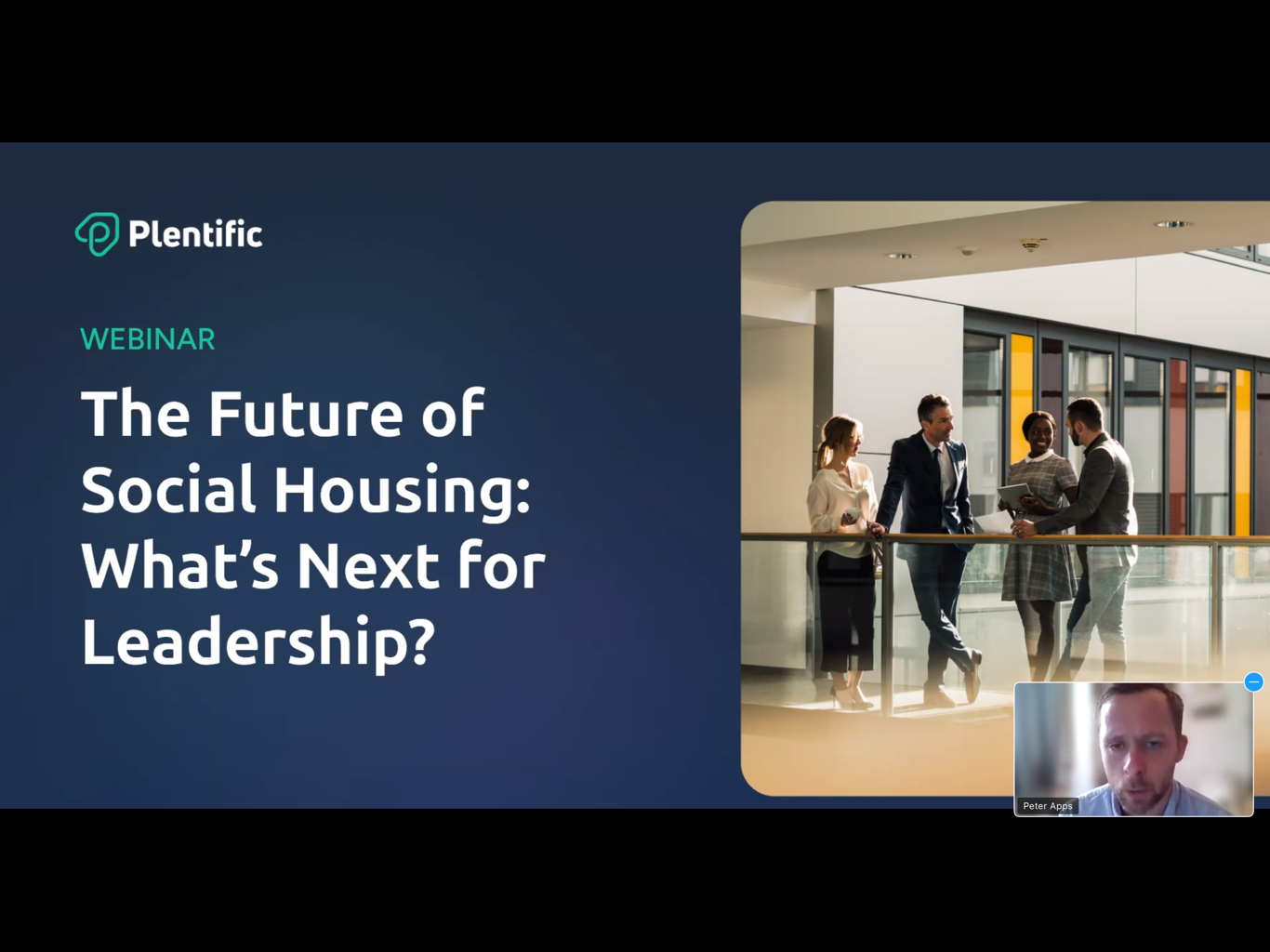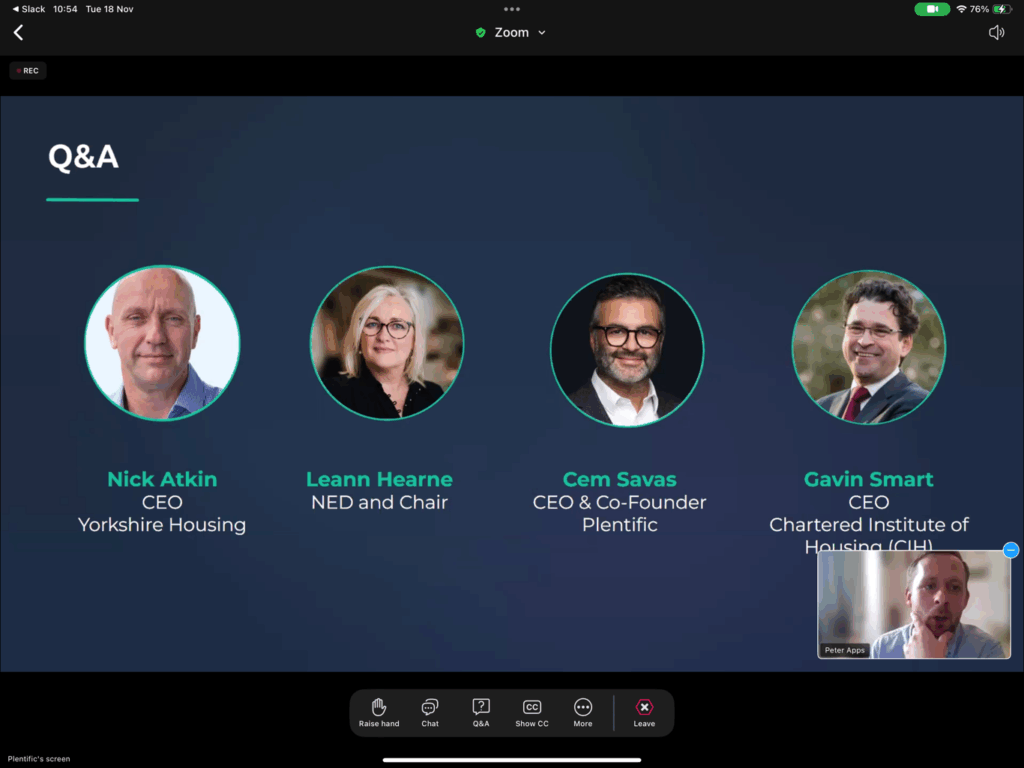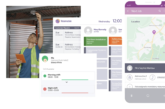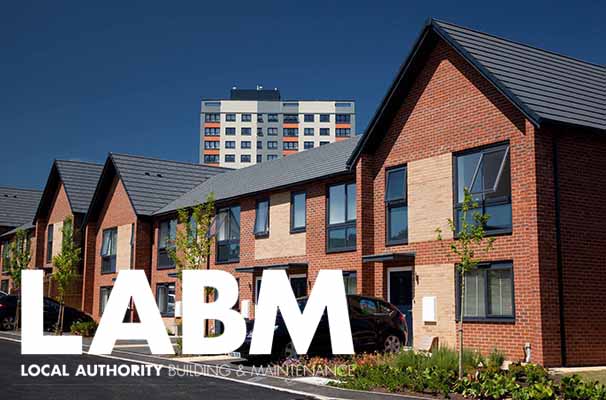
More than 100 organisations joined a webinar hosted by multi-award-winning property operations innovator Plentific exploring how leadership expectations in social housing are evolving, supporting housing providers to better navigate operational, regulatory and resident-focused challenges.
Facing challenges including the implementation of the first phase of Awaab’s Law coupled with the need to deliver thousands of new social homes, a panel of UK housing experts including Gavin Smart, CEO of the Chartered Institute of Housing, Leann Hearne, Non Executive Director and former CEO of LIVV Housing Group, Nick Atkin, CEO of Yorkshire Housing and Cem Savas, CEO of Plentific discussed the next era of innovation, collaboration and accountability on The Future of Social Housing – What’s Next for Leadership webinar.
To further support the UK housing sector, technology leader Plentific, which works with more than 100 housing providers across nearly two million homes, launched its Four Forces Framework Report at the Housing Community Summit in Liverpool, utilising its expertise to identify the interconnected dynamics which need to be balanced, together shaping the UK housing sector’s operating climate.
These include Investment Capacity: setting the limits of financial capabilities, Governance: defining the standards and accountabilities providers must meet, Organisational Capability: determining how well landlords can translate ambition into delivery and Systems & Intelligence: reflecting how effectively providers use data, automation, AI and orchestration to stay in control.
 Speaking on the webinar, Cem Savas said: “The experience that residents want is basic; they want a good home and any problems to be sorted in a fair time.
Speaking on the webinar, Cem Savas said: “The experience that residents want is basic; they want a good home and any problems to be sorted in a fair time.
“Before we can go into automation and AI, in terms of strong leadership, technology needs to be treated as strategic not operational.
“Lots of work needs to be put into collaborative ecosystems and then clear resident outcomes can be achieved. Technology can be at the centre of this; we’re very optimistic that with these processes, costs can be reduced and we can deliver a better service for residents.”
Nick Atkin added: “Tech is not the solution in itself, it’s an enabler. We have to identify the pain points and design the solution back to remove them and find the tech that enables you to do that. You’ve got to use data intelligently, things like predictive analytics for repairs, arrears and complaints.
“Before you get to AI, data quality has to be a leadership priority enabling smarter solutions. AI can be used for routine tasks, freeing up colleagues. The AI genie is out of the bottle; embrace the genie!
“In terms of using data better, do we know the people who are in our homes? We need systems in place to keep the data updated, to have a clearer contribution to a place and a community, because we have a richer understanding.”
Chair of the panel, award-winning journalist Peter Apps, led a Q&A session as part of the webinar and selected a question that came in from a younger person with five years experience in the sector, who felt their views were overlooked.
“They’re right,” said Leann Hearne. “We need to find opportunities for those young people to shine and we as leaders need to listen to them.”
Focusing on leadership and governance, Leanne added: “Boards need to be big, bold and brave and seen to be doing the right thing for customers. I see technology as an enabler, as a positive.
“I can’t believe how complicated we’ve made building a home. Great leaders need to be adept at change and focus on data, technology and its people.”
Discussing what makes a strong leader, Gavin Smart said: “It’s important to be authentic and genuine – you can only be what you are. Leadership needs curiosity, clarity and compassion. Honesty is also really important.
“It’s about how we deliver the information that Boards need to make really good decisions. It’s about how we achieve real clarity about purpose and what it is we are trying to do runs from the top of the organisation, from the Board all the way to delivery.”
Cem Savas added: “Everyone in housing is very passionate, socially minded and wants to drive the sector forward.
“Boards are sometimes disconnected from real-time data; they need to be more detail focused as without accurate real-time data the best AI tools won’t deliver. Once these foundations are in place, AI can use force multipliers and there’s some real benefits we can take.
“The biggest part is the organisational change required in the sector to drive better outcomes, building trust, with tenants and partners. Part of the culture has to be to do something right with operational excellence, with a purpose-led vision.
“Data literacy is missing and data is disconnected. From Board to Executive teams, the confidence in technology is lacking. The demands of residents to be heard and seen and receive an order like on Amazon is putting a lot of pressure on the social housing system.
“Fragmented data is at the heart of issues. An understanding of the digital capabilities is underpinning a lot of what can happen in the future.”
Download Plentific’s Four Forces Framework Report
View Plentific’s The Future of Social Housing – What’s next for Leadership webinar









